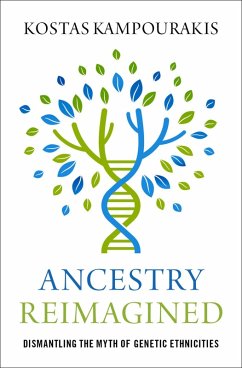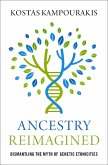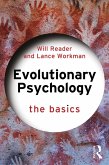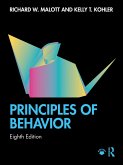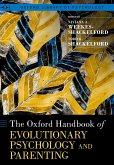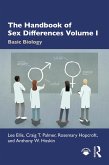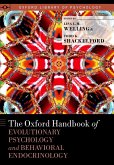Recent social and political psychological research indicates that increased access to ancestry testing has strengthened the notion of genetic essentialism among some groups, or the idea that our biology ties us to particular ethnic identities. This can boost a sense of cultural pride and prosocial behaviors among communities that are perceived to be similar. In the worst-case scenarios, however, this phenomenon can contribute to deeper social woes like misinformation, anti-science agendas, and even social hatred among those who believe in racial superiority. Using research from both the social sciences and the genetics literature as support,
Ancestry Reimagined establishes realistic expectations about what we can learn from our DNA as a foundation for examining the psychological impact of ancestry testing, including the differences between how this information is perceived versus its reality. With this book, Dr. Kampourakis flexes his muscles as an esteemed interdisciplinary science educator and author to challenge these traditional social constructs, using the current genetic testing science as a myth busting tool. Kampourakis argues that DNA ancestry testing cannot reveal a person's true ethnic identity because ethnic groups are socially and culturally constructed. In 10 accessible chapters, he explains the assumptions underlying the scientific study of ancestry, and the resulting paradoxes that are often overlooked. What the study of human DNA mostly shows is that human DNA variation is continuous, and it is not possible to clearly delimit ethnic groups based on DNA data. As a result, we all are members of a huge, extended family, and not of genetically distinct ethnic groups. What ancestry tests can provide are probabilistic estimations of similarities between the test-takers and particular reference populations. This does not devalue the results of these tests, however, because they can indeed provide some valuable information to people who may not know much about their ancestors. In fact, what the tests are very good at doing is finding close relatives, and this is perhaps why the whole enterprise should be rebranded as family, not ancestry, testing. Ultimately, this book reveals that genetic essentialism, biological ethnic identities, racial superiority, and similar social constructs are scientifically unsupported.
Dieser Download kann aus rechtlichen Gründen nur mit Rechnungsadresse in A, B, BG, CY, CZ, D, DK, EW, E, FIN, F, GR, HR, H, IRL, I, LT, L, LR, M, NL, PL, P, R, S, SLO, SK ausgeliefert werden.

